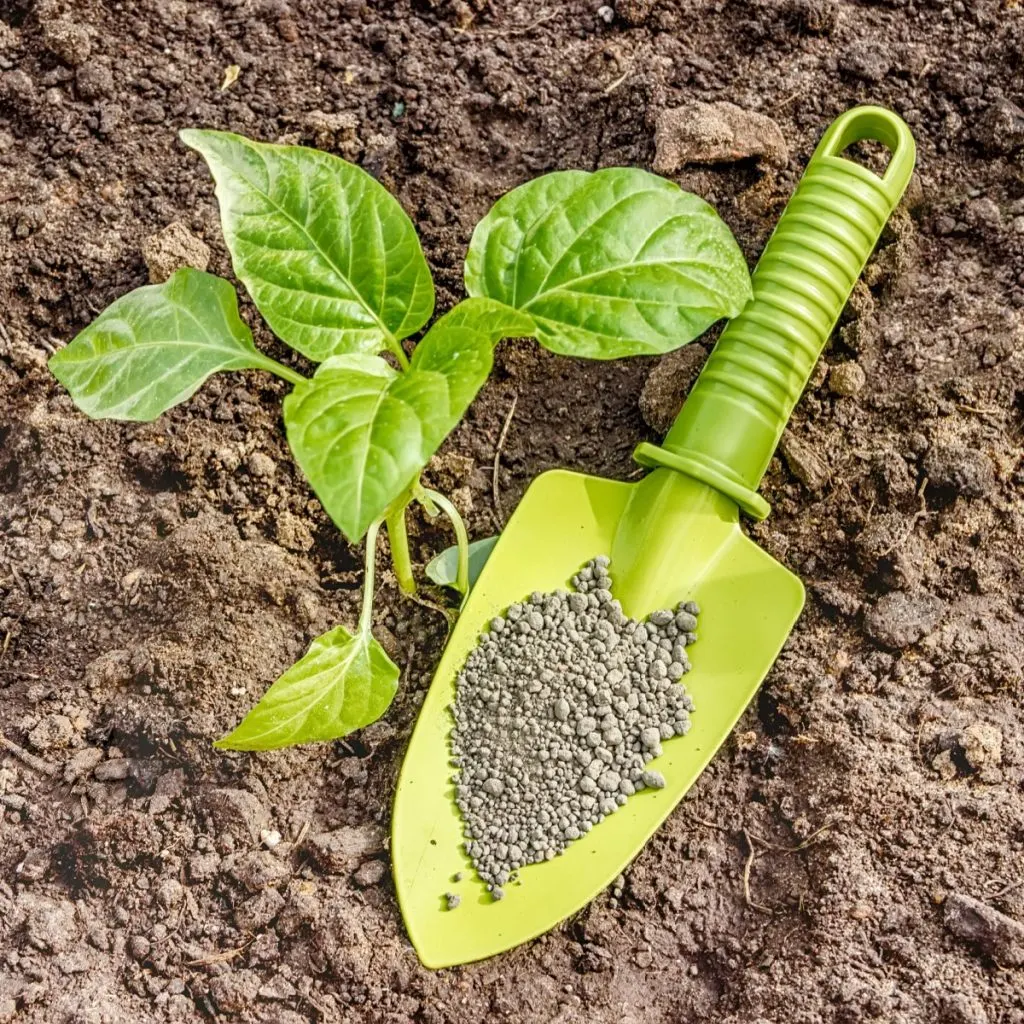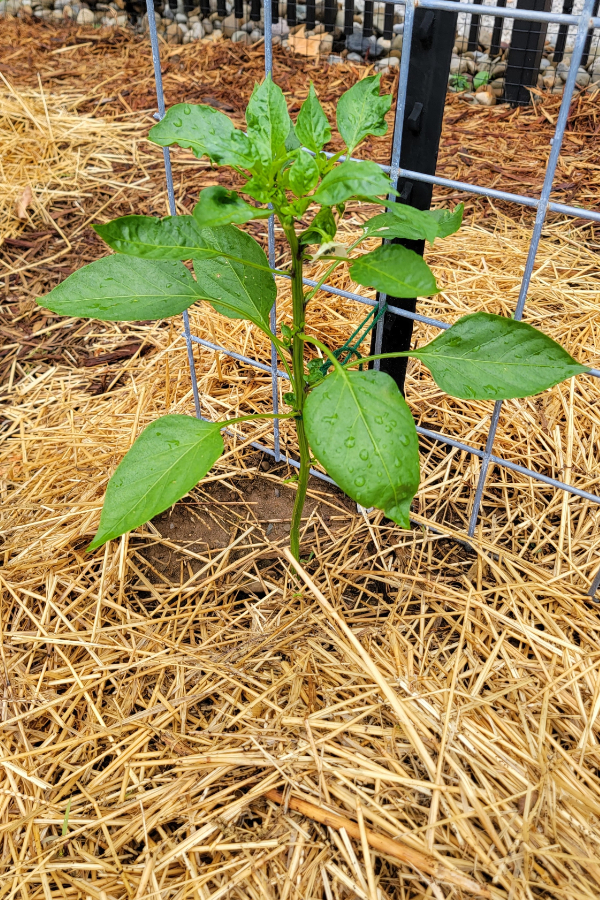Find Out the Best Fertilizers for Peppers: Top Picks for Ideal Growth
Organic Vs. Synthetic Fertilizers: Which Is Best for Supporting Healthy And Balanced Pepper Plants?
In the world of nurturing healthy and balanced pepper plants, the option in between organic and synthetic plant foods stands as an essential decision with far-ranging implications. While both options purpose to supply vital nutrients to support plant development, the subtleties of their impact on the soil, plant health, and the atmosphere spark a dispute that echoes throughout the gardening area. Understanding the distinct advantages and potential mistakes of each fertilizer type is crucial for pepper cultivators seeking to enhance their yields while keeping an eco-conscious and sustainable method.
Benefits of Organic Plant Foods
Organic plant foods provide an environmentally-friendly and sustainable technique to nourishing pepper plants, offering necessary nutrients without making use of synthetic chemicals. These natural plant foods are stemmed from organic sources such as compost, manure, bone dish, and algae, advertising soil wellness and biodiversity. Unlike artificial fertilizers, organic alternatives launch nutrients slowly, ensuring a stable and balanced supply for pepper plants to flourish.
One substantial advantage of natural fertilizers is their ability to boost dirt structure and water retention. By boosting dirt wellness, natural plant foods promote helpful microbial activity, which helps in nutrient uptake by pepper plants. Additionally, organic fertilizers decrease the risk of chemical run-off, safeguarding water resources from contamination and safeguarding the atmosphere.
Additionally, natural plant foods add to long-lasting soil fertility by promoting the development of beneficial dirt microorganisms. These microorganisms assist break down organic matter, launching nutrients in a kind that is quickly obtainable to pepper plants. best fertilizers for peppers. By cultivating a healthy and balanced soil environment, natural fertilizers sustain sustainable pepper farming methods that profit both plants and the setting
Drawbacks of Synthetic Fertilizers
Synthetic plant foods, in contrast to their natural equivalents, position different negative aspects when utilized to nurture pepper plants, influencing both plant health and environmental sustainability. One major downside of artificial fertilizers is their propensity to leach nutrients from the soil promptly.
In addition, the overuse of synthetic plant foods can add to water air pollution. Excess fertilizers not taken in by plants can remove right into water bodies, bring about eutrophication, where algae blooms diminish oxygen degrees in the water, hurting marine life. Synthetic plant foods are typically acquired from non-renewable resources, such as fossil gas, contributing to carbon discharges and environmental deterioration during their manufacturing.
Nutrient Absorption Contrast
When contrasting natural Extra resources and synthetic plant foods in terms of nutrient absorption, natural plant foods have the advantage of supplying an extra well balanced and slow-release source of nutrients. Organic fertilizers include a selection of macro and micronutrients that are not only valuable for the plants however also promote healthy and balanced soil microbial task, which aids in nutrient uptake.
Moreover, organic plant foods enhance dirt structure and water retention ability, permitting pepper plants to gain access to nutrients extra efficiently. This improved dirt high quality helps with origin growth, enabling better nutrient absorption. Synthetic fertilizers, although at first increasing plant development as a result of their high nutrient focus, may prevent lasting nutrient absorption by derogatory soil health and wellness in time.
Environmental Influence Factors To Consider

On the other hand, synthetic plant foods, although frequently even more concentrated and promptly available to plants, can have detrimental impacts on the setting otherwise applied properly (best fertilizers for peppers). Their manufacturing requires high power inputs, causing greenhouse gas discharges and adding to climate modification. Moreover, the runoff of excess artificial fertilizers can infect water resources, resulting in eutrophication and hurting aquatic environments.
Finest Plant Food Practices for Peppers
When fertilizing pepper plants, enhancing nutrient uptake and minimizing environmental impact are essential considerations. To get redirected here achieve this, it is necessary to adhere to finest plant food methods customized to the certain demands of pepper plants. One critical technique is to do a soil test prior to using any type of plant foods. This examination can determine the pH level of the dirt and identify any kind of nutrient shortages, assisting you in selecting the most ideal plant food solution.
Another essential method is to feed pepper plants at the correct time. Usually, peppers gain from getting plant food at planting and afterwards again when they start to flower. Over-fertilizing can result in nutrition imbalances and damage the plants, so it is vital to comply with recommended application prices.
Additionally, selecting a well balanced plant food with an NPK ratio that suits pepper plants' needs is essential. Eventually, integrating synthetic and natural plant foods sensibly can assist nurture healthy pepper plants while decreasing ecological effect.
Final Thought

Organic fertilizers use a sustainable and environmentally-friendly approach to beneficial pepper plants, offering essential nutrients without the usage of artificial chemicals. Unlike synthetic fertilizers, natural alternatives release nutrients slowly, guaranteeing a balanced and stable supply for pepper plants to thrive.
Synthetic plant foods, in contrast to their organic counterparts, pose various Website disadvantages when used to nurture pepper plants, influencing both plant health and wellness and environmental sustainability. When comparing organic and synthetic fertilizers in terms of nutrient absorption, natural fertilizers have the advantage of offering an extra well balanced and slow-release resource of nutrients.Additionally, organic fertilizers boost soil structure and water retention ability, allowing pepper plants to access nutrients a lot more successfully.